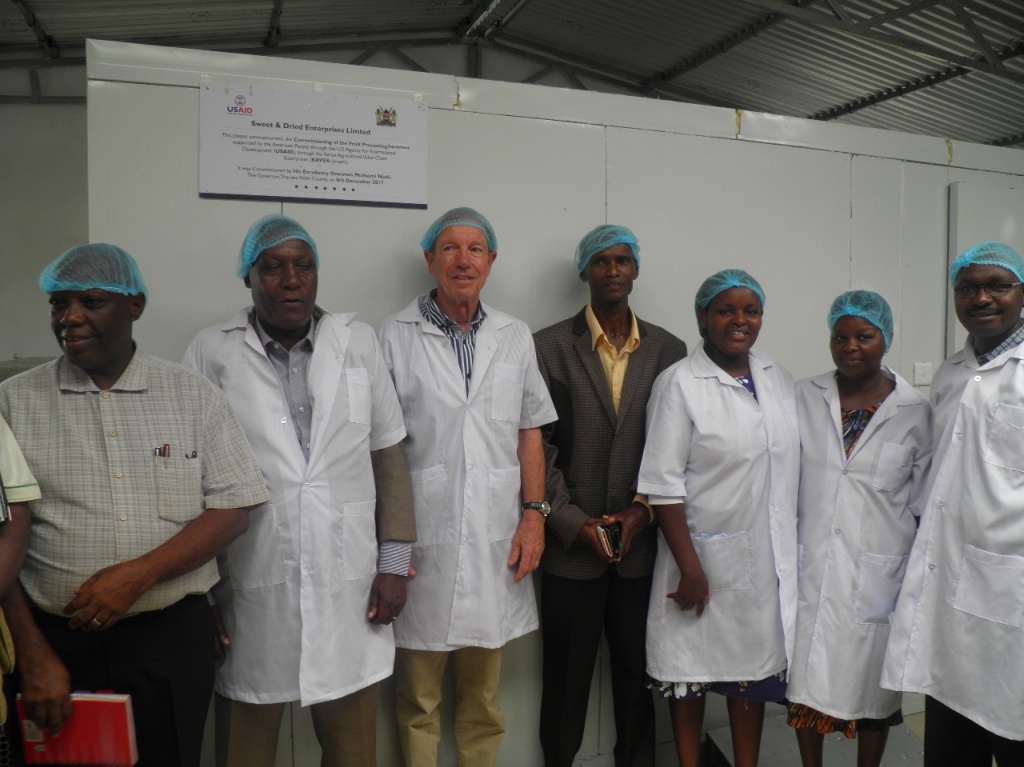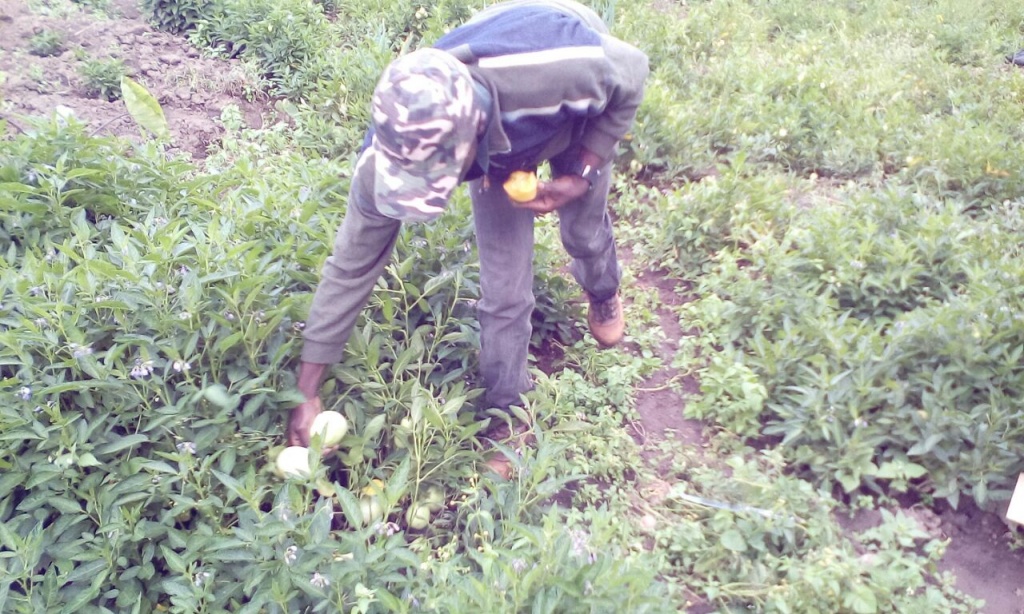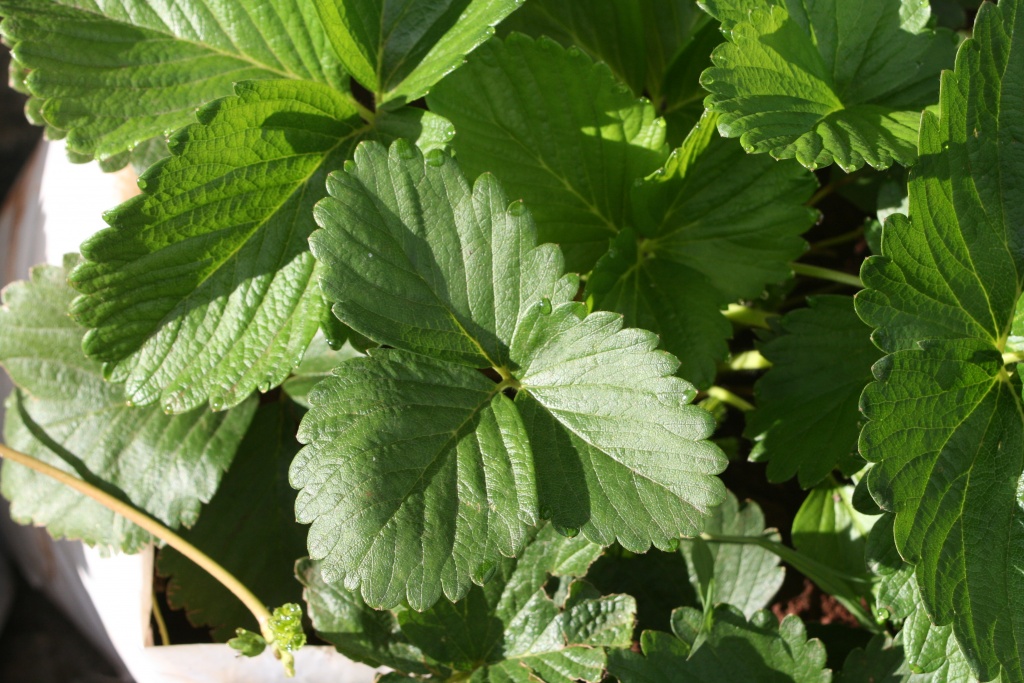
Commissioning of the Sweet N Dried automated air dryer. L-R Second from Left, Tharaka Nithi CEC Agriculture Engineer Japhet Nkanya, KAVES Chief of party Dr. Steve New, Sweet n Dried project chief engineer Migwi Mageria and Sweet N Dried founder Mercy Mwende with other guests.
Over 500 smallholder farmers in Tharaka Nithi, Meru and Embu counties have found ready market for their horticultural produce, thanks to an automated air drier that is also shielding them from market glut and post-harvest related losses that account for up to 40 per cent of all fresh produce losses.
Operated by Sweet ‘N Dried Enterprises, a company in Tharaka Nithi County, the venture has also rubberstamped the benefits accrued from value addition, with the produce enjoying extended shelf life, allowing the farmers to earn more while creating over 50 jobs that have gone to the local community.
RELATED ARTICLE: Drying mangoes saves farmers post-harvest loses
The ultra-modern drier that has been funded by the USAID through the Kenya Value Chains Enterprises (KAVES) project has a capacity of drying 300kgs of fresh produce daily and complements the company’s solar driers that cumulatively handle 1200kgs.
Speaking during the commissioning of the processing facility, Mercy Mwende the founder of Sweet ‘N Dried Enterprises hailed the facility as landmark in diversifying markets and increasing earnings of fresh produce farmers.
“We have been on a seven year journey that has been marked by numerous trials and errors. Ultimately the markets have warmed up to our dried mangoes, bananas and vegetables. The new facility has also boosted production and we have now been able to source 100,000kgs of fresh produce from farmers, up from 40,000kgs last year. This means more market opportunities for our farmers, majority who have traditionally been forced to throw their produce due to post harvest losses or sell them cheaply as they battle market glut,” Ms. Mwende said.
RELATED ARTICLE: Kenyan mangoes have a ripe market in Japan
Her flagship mango varieties, Kent, Tommy and Apple have received thumbs up from Thailand, Dubai, China and Germany where she has showcased them. And as the demand for dried mangoes burgeons in these markets, she is looking to upscale production at the farms, storage and processing for continuous shipping of the processed products. This, as statistics indicate the export markets are increasingly preferring dried mangoes due to their extended shelf life and low cost.
Dr. Steve New, KAVES Chief of Party said that with smallholders being the most efficient producers of fresh produce per unit area, it was necessary to streamline the value chain to ensure they reap maximum benefits from their venture from production to markets. Research, he said, had shown that there was need to embrace innovation to boost production. “The global market for tropical fruits especially mango, passion and pineapple has been ballooning over the years. But there is a growing trend where these markets prefer dried produce due to logistical factors. This has informed our interest at Kaves in investing in this and other projects, because we believe they have great potential to open up new and profitable frontiers for millions of farmers and growing their household income,” he said.
RELATED ARTICLE: Middle East market craves for more Kenyan mangoes
But Sweet and Dried Enterprise has had to battle with quality of the produce supplied by farmers who are not conversant with international standards. While the enterprise itself has undergone the Hazard Analysis and Critical Control Points, HACCP, assessment and expects to be certified by early next year, it is struggling to ensure all the produce received from farmers meet the growing conditions of the export markets. “We have over 500 farmers who supply to us and while majority of their produce is export quality, we still have cases where we reject produce either because we detect too much fertilizer usage in some of the produce like bananas or pests in mangoes. We would wish to reach a point where all our farmers are able to supply to us without any rejections,” she said.

Sweet n Dried founder Mercy Mwende at the processing factory with dried mangoes.
Leonard Pollara, a consultant on global certification working at the facility agrees. “While Sweet ‘N Dried are doing everything possible to ensure every process in the chain meets the requisite international standards, there are of course factors beyond their control like supplies or poor road network that might interfere with the quality of the end product. This new facility will go a long way in ensuring faster adherence to the highest safety standards. The certification process itself is quite capital intensive,” Mr. Pollara said.
RELATED ARTICLE: Drying vegetables increases shelf life to over eight months
The county government of Tharaka Nithi has therefore committed to partner with the company to train all the farmers supplying their produce on international best practices while connecting the facility, that currently operate on solar energy, to the grid. “In the spirit and the vision of the county government of Tharaka Nithi, and the national government’s resolve to embrace value addition to improve lives of our farmers, the county government will train all the farmers on growing food for export including the requirements by international markets. This together with connecting this facility to the national grid to bolster production will ensure that we attract more of our people, especially the youth into new age and mechanized agriculture as a meaningful way of earning income,” Tharaka Nithi Agriculture CEC Engineer Japhet Nkanya said. The announcement has come as relief to the company that has been operating on diesel generator becoming prohibitively expensive to run daily operations.
RELATED ARTICLE: USAID funds automated air drier to boost factory’s processing capacity
And as the new facility roars to life, representing the resilience of a Kenyan entrepreneur, it has also demonstrated the promise of value addition to diversify income and opportunities for small holder farmers while helping the country attain the middle income status by 2030. “With post harvest losses accounting for about 40 per cent of all losses, the focus should be on how to tame these losses rather than on having new produce varieties. Reducing these losses through value addition has proven that we can improve the productivity of our farmers while developing competitive value chains,” said Dr. New




















